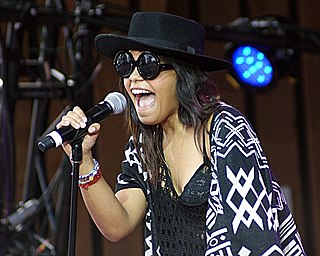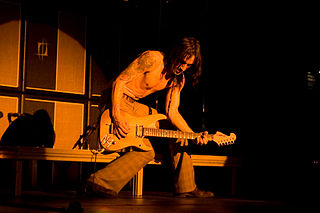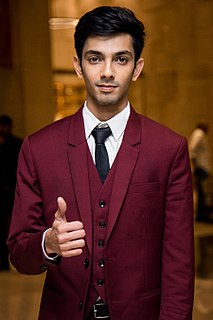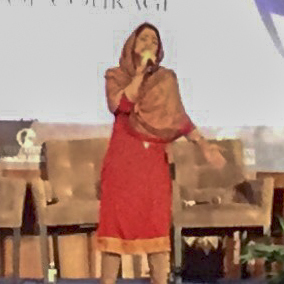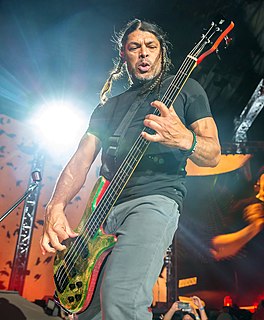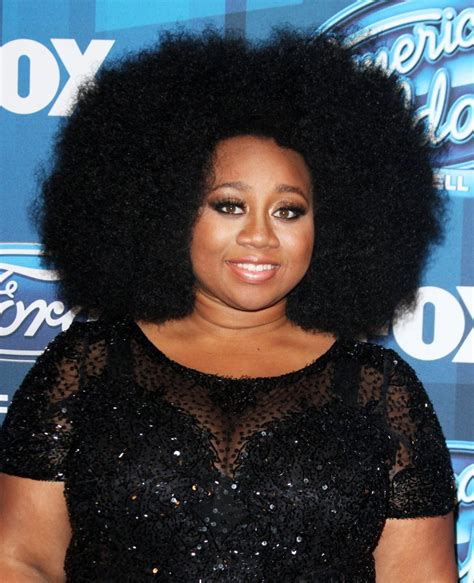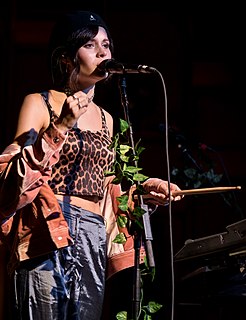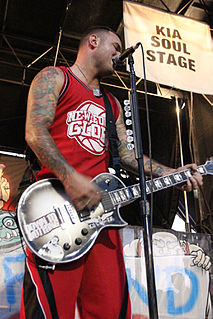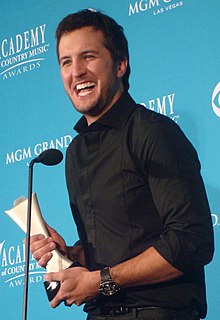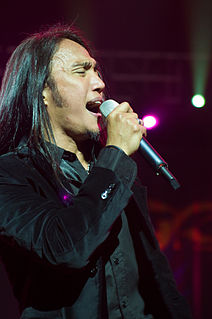A Quote by Gus Kenworthy
I'm not super superstitious, but if I listen to a song and then I do well, then that becomes my song for however long it works for.
Related Quotes
You're not going to hit it every single time, and that's why, when I record an album, I do probably close to 50 songs. Each song I record has to get better. If it's not better than the last song that I made, it'll usually linger for a couple of months, and then it'll be put on the backburner, and then there'll be another song that I do, and then it often doesn't make it on the album.

